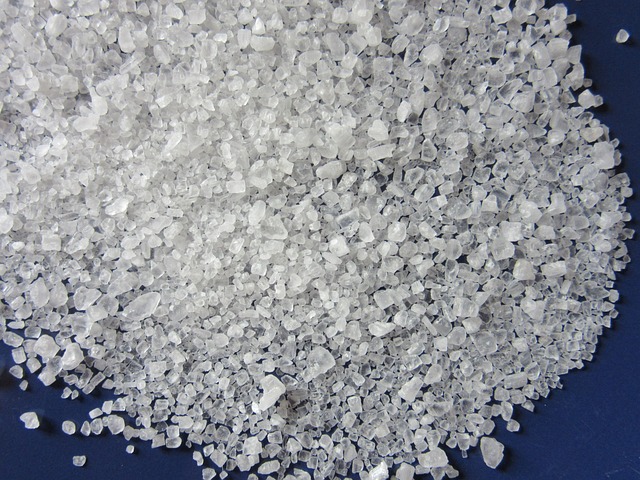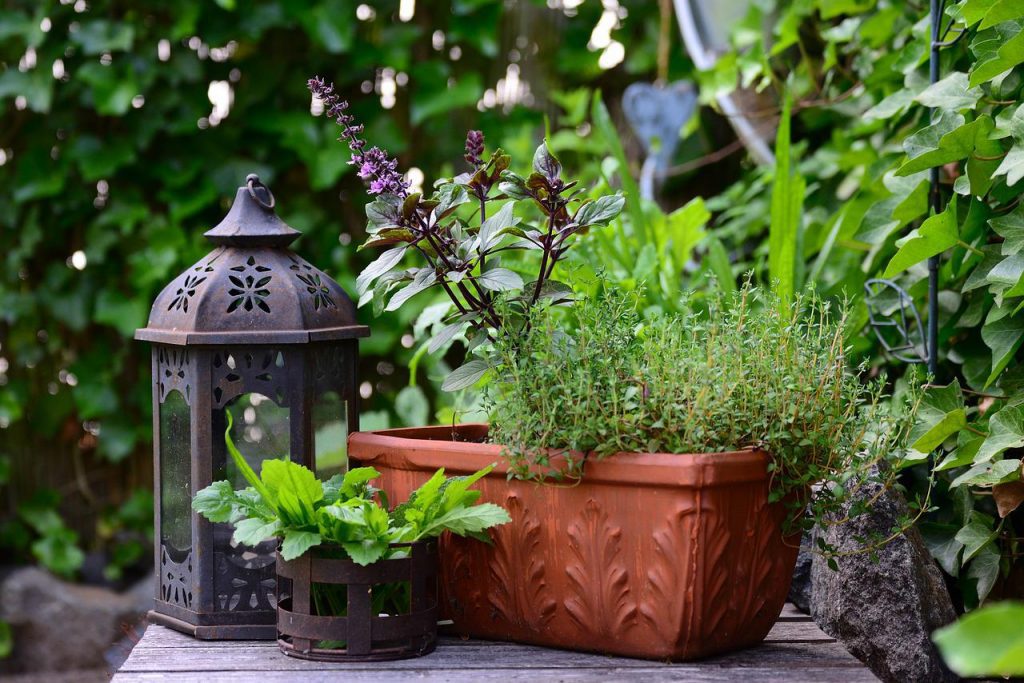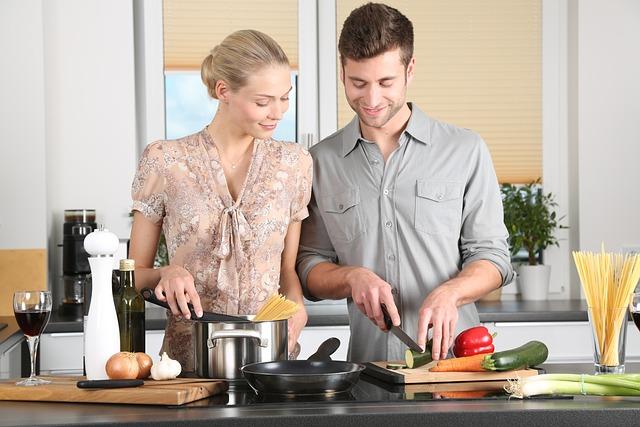We’ve put together 10 cooking tips because having a kitchen is just one thing – you also need to develop new skills to be a good cook. If you just follow these few tips, you’ll feel more skilled.
Don’t underestimate the importance of salt
Use sea salt, or kosher salt if you don’t have any. Table salt, iodized or non-iodized, tastes one-dimensional and sharp. Kosher and sea salt has a larger grain, taste on their own, and tastes completely complex. Use in a salt cellar, and store it close to the stove. Their flavor is much more versatile than traditional table food. Use sea salt mainly to flavor fish cutlets, steaks, and fresh vegetables! Learn the basics of salting by clicking here.

Buy local product
Buy organic products, preferably from local producers. This will also strengthen the domestic labor market and support the local economy, not to mention nature. Strive to buy food that is environmentally friendly and bears the Fair Trade logo.
Choose fresh herbs
Although dried herbs take up less space and can be stored for longer, it’s a good idea to choose fresh herbs if you have the option. For one thing, their aroma is much more intense; for example, some essential oil spices – such as basil, parsley, coriander, or even tarragon – lose much of their fragrance and flavor when dried. On the other hand, different herbs differ in color and shape, but this diversity is only present in fresh herbs. Most of them can be used not only to flavor our food but also to decorate our homes. And there are now countless ideas and techniques for preserving unused parts, such as freezing them in ice cubes or making spice oil or vinegar.
As each herb has its own specificity, its use is primarily determined by our own tastes and our willingness to experiment. It is also worth reading the descriptions of the plants themselves, as their properties may vary depending on their use.

Room temperature butter
For baking, use butter at 20 degrees Celsius; using butter warmer than this is not recommended, as the butterfat in the butter will start to melt, causing your butter to shrink. Keep this advice in mind when the recipe book recommends using room-temperature butter, even when adding sugar to buttercream in butter-based cakes!
Buy a good quality knife
A good-quality knife is essential for cooking at home without any problems. With a professional knife, you can save your fingers – yes, incredibly, there are fewer accidents with a sharp knife than with a dull one – and speed up the preparation process. What’s more, neatly and regularly cut meats and vegetables will cook and cook evenly, making the food much tastier. YouTube videos make the choice easier, so it’s worth taking a look. And once you have the perfect knife, all you need to do is practice, practice, practice…
Invest in precision
By this, I still don’t mean shiny and expensive tools, but basic accessories like a kitchen scale and a thermometer. You can ruin a lot of meals by not using the right amount of ingredients. And I’m not talking about 1-2 gram discrepancies here, but in the case of “cupcakes”. In English-speaking countries, the mug and its fractions are used as a unit of measurement, for which there are accurate measuring devices. The same applies to ovens. Most are not calibrated properly, so your cake may burn (or stay raw) even though you followed the instructions. You can easily avoid this trouble with a penny oven thermometer.
Invest In Quality Pots
Cheap pots and pans are tempting, but if they are thin and poorly made, for example, if they do not heat evenly or retain heat, they can make cooking and baking difficult and can reduce the quality of food. What you will definitely need: one small and one large pan, and a big pot for cooking pasta. In addition, it is practical and cheaper to buy a set of four to five pans (plus their lids), which is excellent as basic equipment.
Cast iron pans are also a must, as they are versatile. You can use it to cook meat, vegetables, or scrambled eggs. It’s also good to have two or three pans, a grill pan, and a rice cooker.
Do not burn the garlic
If you add the chopped garlic at the beginning of the cooking process, together with the onion, it will burn off in no time. Since onions are much slower to brown, either chop the cloves coarser or, if you need the finely chopped garlic pressed according to the recipe, prepare the other ingredients first and add the garlic at the very end.
Always cover the pot when cooking potatoes
There is a misconception among housewives that potatoes will fall apart if you cook them under a lid. However, this only happens if you drop the potatoes into boiling water. In this case, the outside is cooked quickly while the inside remains raw. If you put them in cold water and cover them, they will soften evenly and cook faster.
And most importantly: be flexible!
Keep an open mind, and try new recipes, new flavors, and new ingredients. There are lots of positive surprises to be had when you step out of your comfort zone and stop cooking the same dishes week after week. Cook dishes from other cultures or reform the traditional ones. That way, you won’t get bored with cooking and you can improve a lot. And most importantly, it’s normal to make mistakes, so don’t blame yourself for them – you’ll learn something. Enjoy your time in the kitchen, because it always shows in the results!
Last updated: September 24, 2023


